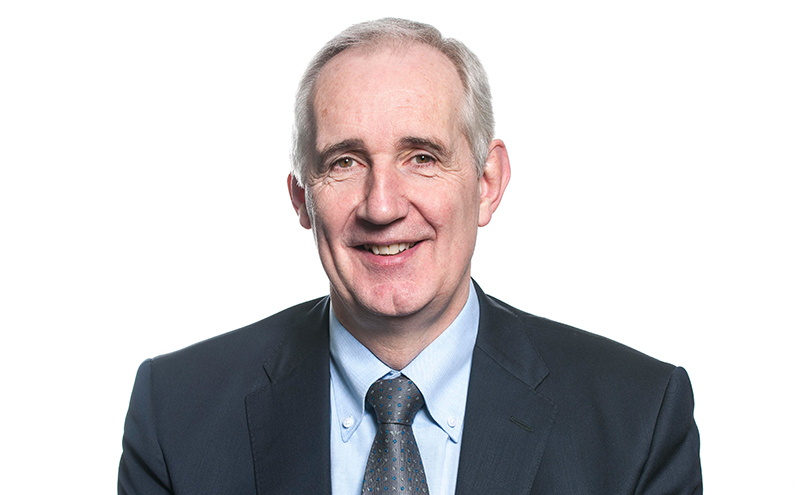
BALFOUR Beatty has launched its evolved sustainability strategy, which expands the firm’s sustainability focus areas to help drive meaningful impact in the communities in which it operates.
These six focus areas encompass climate change, nature positive, resource efficiency, supply chain integrity, community engagement and employee diversity, equity, and inclusion.
As part of the strategy, Balfour Beatty revealed it is bringing forward its UK-based target to create £3 billion of social value by 2025 (previously 2030) as well as initiating new net zero targets validated by the Science Based Targets initiative and underpinned by a UK carbon reduction plan.
Recognising the scale of the challenge in a carbon intensive industry, the group has revised its net zero target for Scope 1 and 2 emissions to 2045, and Scope 3 to 2050, both originally set for 2040.
Balfour Beatty said its Scottish operations remain on track to meet the Scottish Government’s net zero target by 2045.
Leo Quinn, Balfour Beatty group chief executive, said, “As we continue to develop our understanding of the scale of the sustainability challenge and opportunity, we are committed to continually raising the bar to drive progress – for our business, for our industry, for our communities and employees, and, ultimately, for the world we live in.
“Through the actions we take and the transformative projects we deliver over the next decade of infrastructure growth and beyond, Balfour Beatty will continue to play a significant role in the transition to a greener, fairer economy by working with all our stakeholders to make sustainable choices that will help shape a better tomorrow.”
Jo Gilroy, group director of sustainability at Balfour Beatty, added, “Our evolved strategy recognises the great strides the group has made as it continues to gain a greater understanding of the environmental and social impact of its operations. I am pleased to share that today Balfour Beatty’s science based carbon targets have been validated by the Science Based Targets initiative, which aligns with the 1.5-degree limit global warming goal. This marks a significant milestone in our journey to net zero carbon emissions.”








